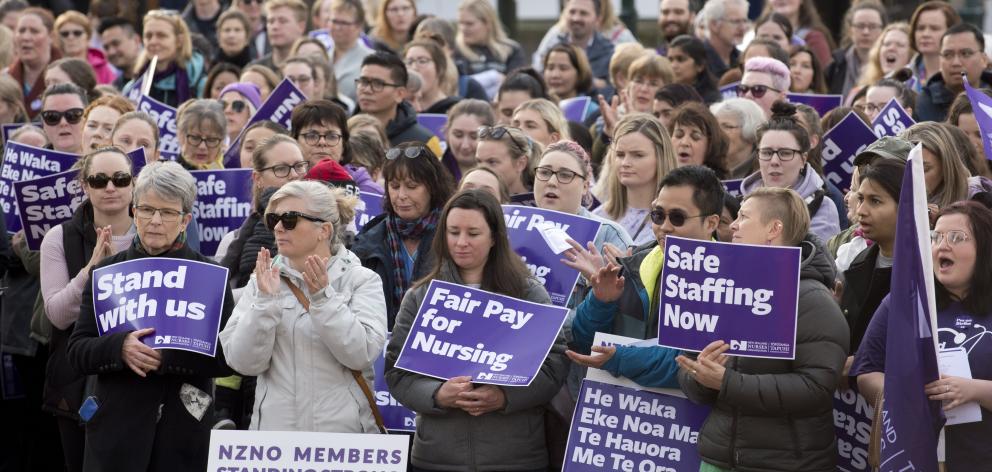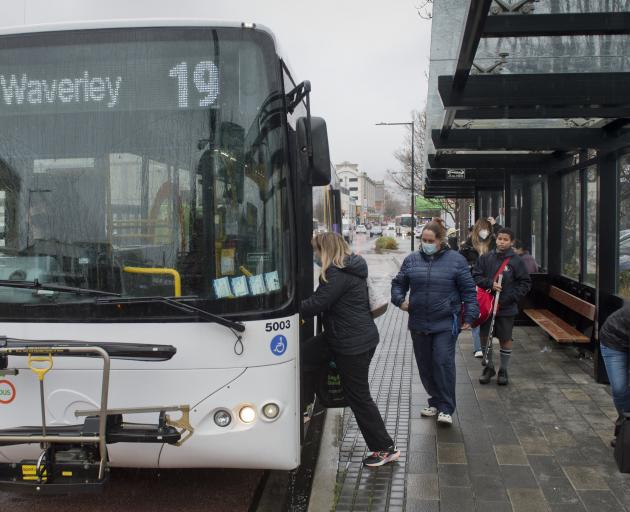

The misguided brinkmanship of the district health board era which we criticised about a year ago (when the boards wanted to head to the Employment Court over life-preserving cover for a nurses strike) seems to still be alive and well under the new national body Te Whatu Ora — Health New Zealand.
The New Zealand Nurses Organisation has called on hospital nurses to only work the shifts they were contracted for this coming week since the special winter bonus of $100 finished at the end of September. It wants to negotiate an ongoing payment system to reflect the pressure on nurses who are still going the extra mile even though winter has ended.
Te Whatu Ora’s response to this was to warn them this would amount to an illegal strike.
The right to strike in New Zealand is extremely limited. The definition of strike under employment law includes reducing the normal performance of your employment or reducing normal output or normal rate of work. Presumably, that is where Te Whatu Ora is coming from. Also, when nurses go on strike then there must be proper notice and matters such as life-preserving cover to be arranged.
Making this threat to the nurses just seems silly and does nothing to help good relations. Would the hospitals try to seek damages from the nurses if they went ahead with this? Would this be possible when public hospitals are not in the business of making money?
Ridiculously, after making the threat about the unlawful strike, Te Whatu Ora’s letter to the NZNO went on to say nonetheless, in recognition of the outstanding contribution that NZNO members have made over the last several months, we do not wish to take a litigious approach to this issue.
Who are they kidding?
The original agreement for the extra pay was to run until the end of September, but it would have been sensible for Te Whatu Ora to have a look around the country and see how well hospitals were coping before attempting to play a heavy hand.
Nurses are saying that the pressure is still on at hospitals, and indeed bottlenecks are still making the headlines. Last week the demand on services at Christchurch Hospital was such that Cantabrians were being urged to treat minor injuries at home with frozen peas, and low-grade fevers with over-the-counter medication.
Te Whatu Ora told RNZ the payments were an extraordinary step in response to an extraordinary situation , namely excessive staff shortages due to Covid-19 illnesses.
But have those staff shortages miraculously disappeared now Covid-19 case rates are down? We doubt it.
It was good to hear some support for the nurses’ stand on the extra shift payment from their colleagues in the Association of Salaried Medical Specialists, even though the senior doctors know it will affect services.
The parties need to get around the table urgently and sort this out. Nurses, our largest health workforce, and who are still waiting for their pay equity saga to be settled, are understandably fed up. Pay parity for nurses working in the community sector with their counterparts employed by Te Whatu Ora is another issue which should have been addressed years ago.
And another thing

These workers have been undervalued and underpaid for too long. If we want to increase public transport services and the use of them, every aspect must work well. Training and paying drivers properly is essential.












